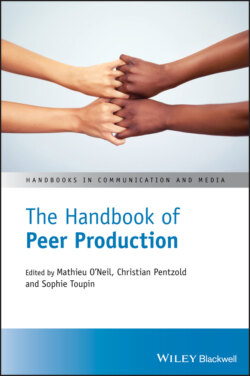Читать книгу The Handbook of Peer Production - Группа авторов - Страница 99
5.2 Gender, Identity, and Failures of Openness
ОглавлениеTo note that such openness is present in these communities is not to deny that there is a crisis of openness currently facing them. Throughout many projects and venues for open source culture, at issue now is the exclusivity that is largely associated with geek masculinity, and most notably manifest in abrasive and abusive behaviors both on‐ and offline towards women. As Reagle (2013) notes, the values of meritocracy and openness in free culture and open source communities make them vulnerable to difficult personalities, and these values can also be rhetorically deployed in ways to excuse or downplay inequality and uncivil or hostile behavior.
To combat this tendency a large number of open source communities have in recent years adopted a “code of conduct” that give more clarity about which behaviors are unacceptable and give leadership more leverage in policing behaviors (Finley, 2018). How these open communities continue to address this issue will vary in both approach and success, however it seems obvious that their fates will hinge on their ability to recognize their own biases and maximize good faith collaboration while also policing these communities. In this sense, continued interrogation of the concept of openness and its role in these communities seems like fruitful ground for both practitioners and researchers.
In sum, this section has discussed openness as a disposition that benefits peer production. Through various forms of moral education, Wikipedians and open source programmers ideally internalize a tendency towards humility and empathy, seeing competing views not as attacks to be defended against but rather as questions to be taken seriously and integrated into improving a project as a whole.
